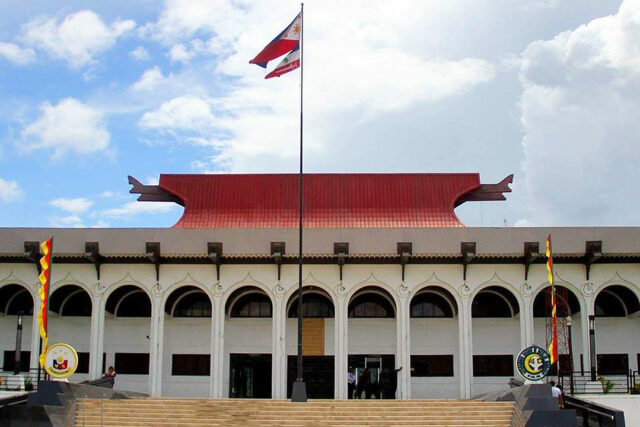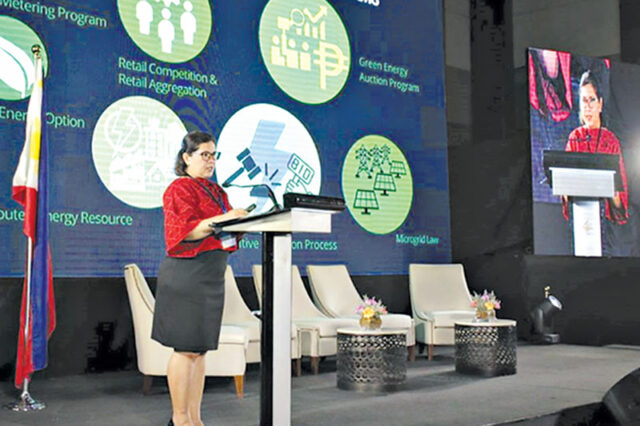COMPANIES in the Philippines said they paid significantly more for in-demand technology workers while holding growth in pay largely steady, advisory, broking, and solutions firm WTW said in a report.
Citing its Salary Budget Planning Report, WTW said the drive to digitalize is driving pay growth for workers with the appropriate skills.
“Digitalization has an effect on compensation, with tech roles such as those in AI (artificial intelligence), machine learning, seeing double-digit salary growth in many markets,” WTW Rewards Data Intelligence Leader Philippines Chantal M. Querubin said in a statement.
“The transformation potential of AI has made it the most sought-after technology discipline in the global talent market. As such, organizations around the world are willing to invest heavily in skilled professionals who can drive innovation and growth in the AI space,” she added.
Overall, however, some 35% of companies surveyed contained the growth in their budgets for personnel costs in 2024, despite the economic rebound.
As a result, the overall median pay rise of those surveyed was 5.6% in 2024, against 5.7% in 2023.
The report, released on Monday, concluded that employers are more cautious with salary costs as they prioritize long-term stability.
Companies cited inflationary pressures, cost management concerns, a tighter labor market, and weaker financial results.
The study projects that growth in pay costs will remain flat at 5.6% next year.
WTW said the manufacturing and retail industries were the most cautious about increasing salary budgets, while the financial and construction industries were pushing pay growth due to demand and the need for workers with specialized skills.
Meanwhile, the study reported an average voluntary attrition rate over the last 12 months of 12.5%, with the involuntary attrition rate estimated at 8.2%.
“While attrition remains high in certain areas, many employers in the Philippines are reporting that the intense wave of resignations and turnover has stabilized and become more manageable,” it said, adding companies are focusing on retention strategies such as flexible work and employee recognition programs to retain talent.
Millennials and Generation Z accounted for 77% of the Philippine workforce last year, followed by Generation X at 22.3% and Baby Boomers at 0.7%.
Workers cited pay and bonuses, job security, health benefits, and flexible working arrangements as their top priorities in weighing job offers. — Chloe Mari A. Hufana












